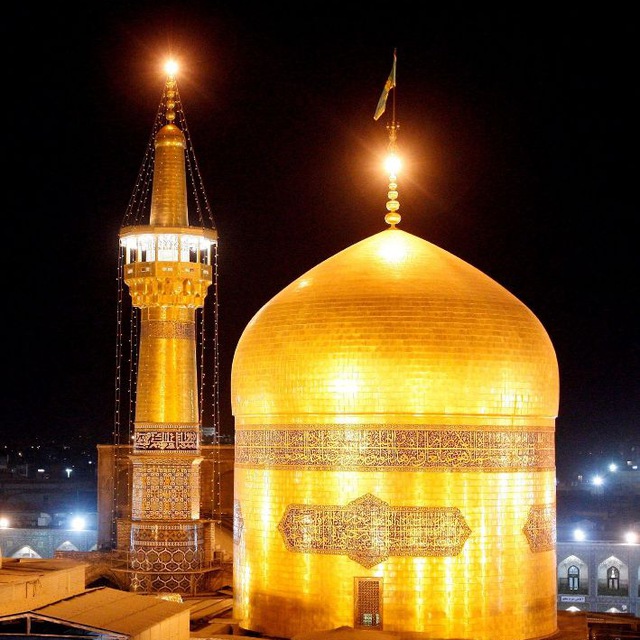The subtle art of carelessness
An unconventional approach to living well
By Mark Manson
Translated by Rashid Jafarpour
Edited by Babak Abbasi
Rhino publication 2017
In the last months of 1944, after almost a decade of war, the situation in Japan was not as expected. Its economy was collapsing. The army was scattered in half of Asia and the areas they had occupied were now falling like a domino and the American forces were occupying those areas. Failure was inevitable.
On December 26, 1944, Imperial Japanese Army Lieutenant Colonel Hiro Onada was sent to the small island of Lobang in the Philippines. His mission was to slow down the progress of America as much as possible and to stand and fight at any cost and never surrender. Both he and his commander knew that this was essentially a suicide mission.
In February 1945, the American forces reached Lubang Island and conquered it. Within days, most of the Japanese forces surrendered or were killed, but Onada and three of his soldiers were able to hide in the forest. From there, they organized a guerrilla war against the American forces and the local residents.
In August of the same year. The United States dropped atomic bombs on the cities of Hiroshima and Nagasaki. Japan surrendered and the biggest war in human history came to its dramatic end.
Although thousands of Japanese soldiers were scattered throughout the islands of the Pacific Ocean, most of them, like Onada, were hiding in the forests and did not know that the war was over. These forces continued to fight. This was considered a serious problem in rebuilding the ruins of the war in East Asia, and the governments decided to think about it.
Onada, who had spent almost half of his life in the forests of Lubang, was already lonely.
Months passed and Onada’s story became a local legend in Japan, the story of a hero who was so depressing that you couldn’t believe he actually existed. Some people praised him and some people blamed him, some people said that he is an excuse for the myth-making of those who want to continue to believe in Japan that was destroyed years ago.
Humans usually dedicate most of their lives to useless and destructive goals. Obviously, these goals have no justification.
Hiro Onada returned to Japan in 1974 and it can be said that he became a famous person in his country. He was constantly invited to television and radio interviews. Politicians shook hands with him. He wrote a book and the government even gave him a lot of money. But what he saw after returning to Japan scared him. A capitalist and consumerist country with an artificial culture that had turned its back on all the traditions and honors that Onada’s generation had grown up with.
Onada tried to use the fame he gained to propagate the values of old Japan, but his words were not bought in that society. He was seen as a tourist attraction rather than a cultural thinker. A Japanese man who came out of the time machine to surprise everyone, like an antique in a museum.
@post_book
This post is written by monese_ghamgosar
